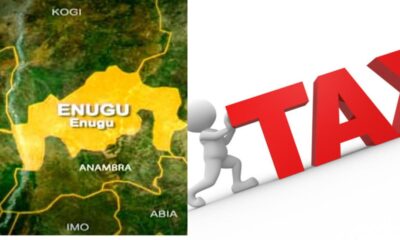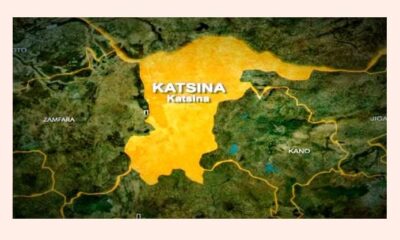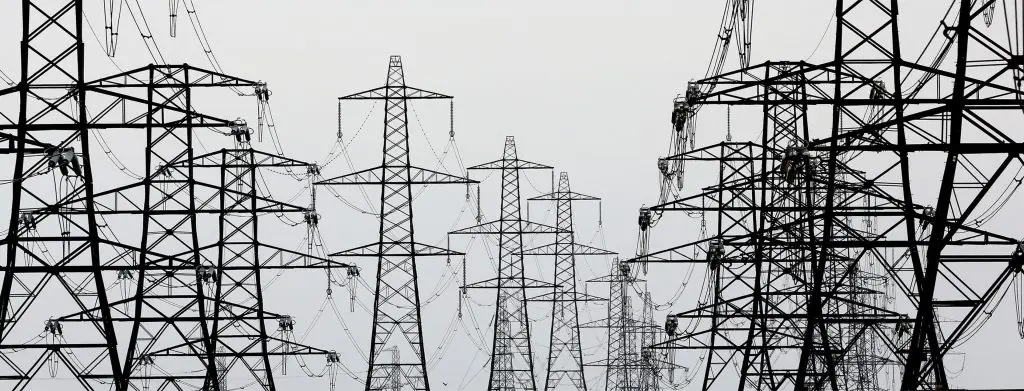…We don’t need to export to Cameroun where we have an existing cement plant
The management of Dangote Cement Plc has stated that two of its trucks that were wrongly intercepted in Adamawa State have been released.
The company stated the two trucks loaded with 900 bags of cement each from the Obajana Cement Plant were on their way to Jamtari, Maiha Local Government, Adamawa State, based on a customer’s request.
However, they were intercepted by security agents who accused them of trying to export banned products to the Republic of Cameroun through the Adamawa routes. The interception, on Friday, February 9, 2024, followed an executive order banning the transportation of food and building materials across the country’s border through Adamawa routes by the Adamawa State Government.
A statement signed by the Group’s Chief Branding and Communication Officer, Mr. Anthony Chiejina, revealed that the company has a functional cement plant in Cameroun and that, the allegation of attempting to export cement there is false and malicious.
Chiejina explained that the two trucks were on their way to deliver products requested by a customer and wondered why the security agents would intercept and accuse them of attempting to divert their load to the Republic of Cameroun.
Mr. Chiejina said: “It was surprising that on their way to deliver the products to the stated address, the security agents on that particular route intercepted them at a village called Wurolabi.”
He said the officers who made the arrest insisted the trucks were on diversion since they apparently did not pay attention to details of what was written on the Waybill. The company said the two drivers tried to explain to the soldiers but to no avail.
He added: Our officials were thereafter invited by the DSS Adamawa State, and we explained to them the true position of things. We had to show them the tracking movement of the trucks from the DCP Obajana to the last point where they were arrested by the soldiers, to convince them that the trucks were not crossing to the republic of Cameroon as was being wrongfully insinuated by some media.
In the same vein, the Government of Adamawa State, in a press briefing with the Adamawa State Police Headquarters, also on Friday 16th Feb confirmed that both trucks were intended to deliver within the state and were escorted by police to deliver the products to the customer.

 Trending6 months ago
Trending6 months ago
 Politics6 months ago
Politics6 months ago
 Politics6 months ago
Politics6 months ago
 Politics6 months ago
Politics6 months ago















